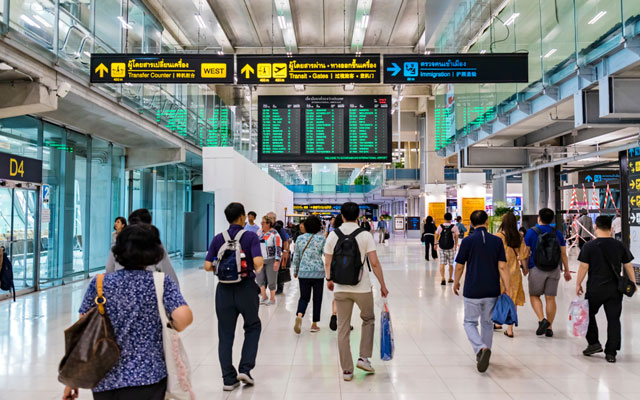
The recently inaugurated Thai government, led by prime minister Srettha Thavisin, has turned to the business events sector to drive tourism revenue, unveiling a slew of initiatives to attract more business events travellers – especially from China – to the country.
To stimulate year-end tourist spending, the government plans to collaborate with businesses across all sectors to host top-tier trade fairs and festivals – position Loy Krathong and Songkran as world-class festivals, and hosting more exhibitions throughout the year.

The government will also incentivise business events visitors by introducing a dedicated Fast Track Visa programme.
In response to the developments, the Thailand Convention and Exhibition Bureau (TCEB) is currently preparing an action plan, which will be announced in October.
In August 2023, TCEB revised its revenue projection for 2023 down to 96 billion baht (US$2.7 billion), from 109 billion baht in February. This decline is linked to the underperforming Chinese business events market, with lower carrier volume post-pandemic and visa processes hindering growth. China’s current focus on domestic spending has also boosted its own business events industry, impacting revenue flow to Thailand.
To stimulate the Chinese market, the new cabinet also approved a temporary visa-free scheme – operational from September 25, 2023, to February 29, 2024 – for visitors from China. Previously, inbound Chinese travellers were subject to a 2,000 baht visa-on-arrival free.
In response to the government’s behest to supplement flight volume to Thailand – an initiative written into its policy statement – national carrier Thai Airways International has committed to operating daily flights to six Chinese cities during high season, including Shanghai and Guangzhou from October 29, 2023, to March 30, 2024, and Beijing, Chengdu and Kunming starting December 1, 2023.




















